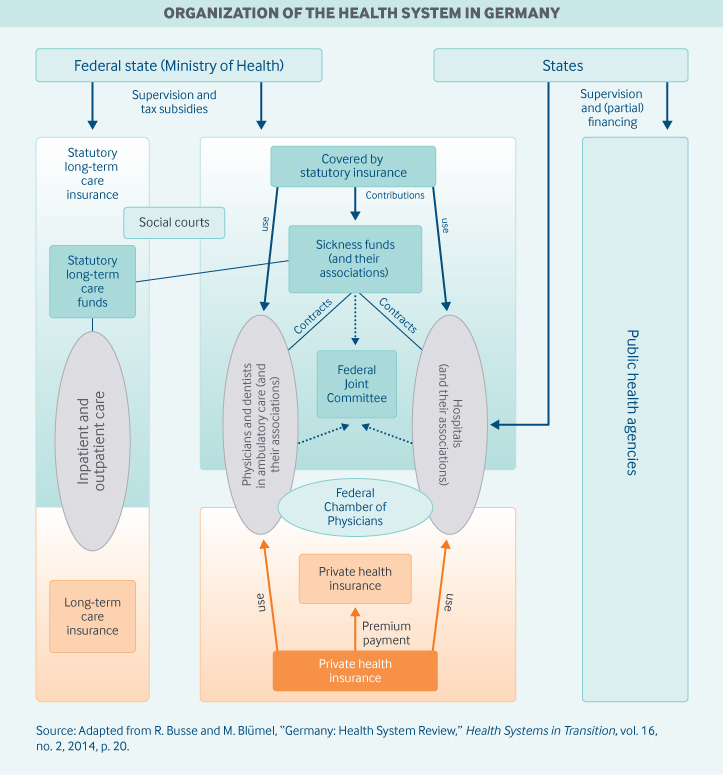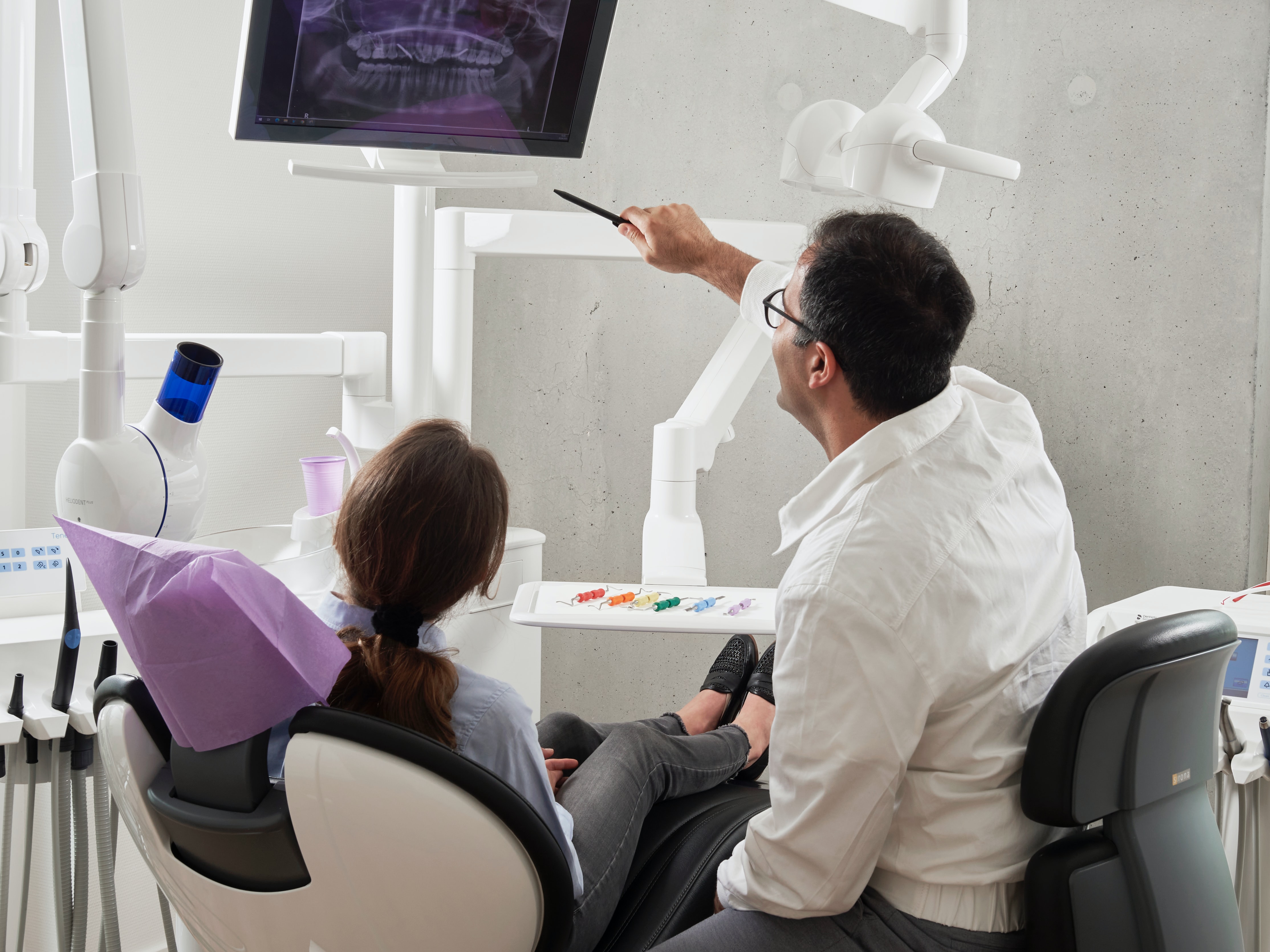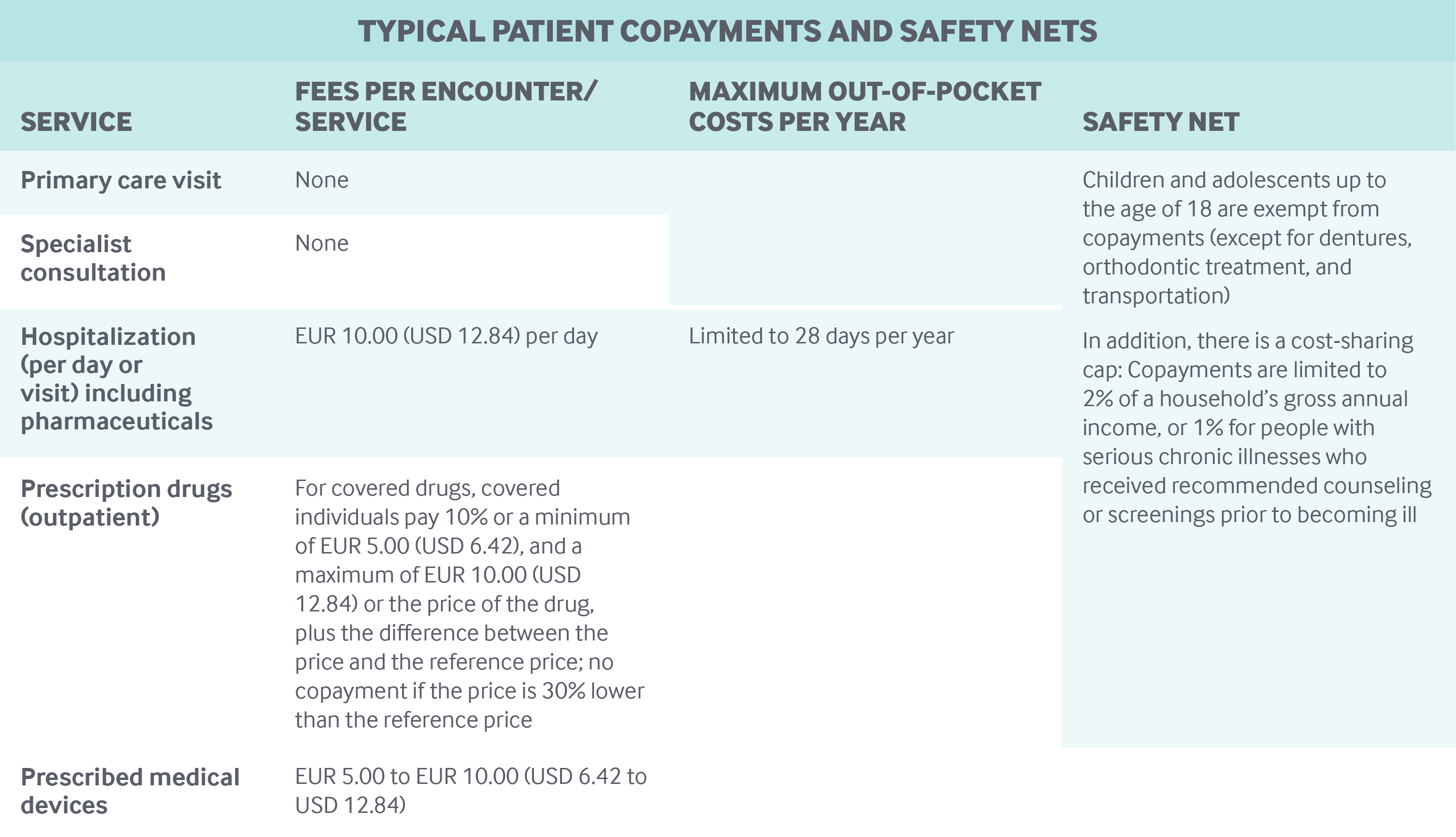To qualify for the German State Grant for Doctors and Dentists, foreign-educated professionals must meet specific criteria. Primarily, applicants need to:
- Have their qualifications processed by the state medical or dental board.
- Receive a ‘DEFICIT’ letter, indicating that further assessment is necessary to practice in Germany.
This letter is crucial, as it signals eligibility for language support. It’s essential for foreign doctors and dentists to be licensed in their home country before applying.
Application Process
The application process involves several straightforward steps:
- Obtain the DEFICIT Letter: This is the first step to confirm eligibility.
- Gather Required Documents: Applicants must prepare their academic and professional records.
- Submit Application: Applications can be submitted online or directly to the relevant authorities.
By staying organized, candidates can ensure a smooth application experience. Aspiring professionals can significantly reduce expenses through this grant, making their journey to practice in Germany more feasible.

Benefits of German State Grant for Doctors and Dentists
Financial Support
The German State Grant provides substantial financial assistance to qualified foreign doctors and dentists, specifically aimed at covering preparatory program costs. This includes:
- Language Learning: The grant covers up to €8,000, significantly reducing total costs to about €4,000 for essential German language training from intermediate to proficiency levels.
- Reduced Financial Burden: With expenses minimized, applicants can focus on their studies rather than worrying about overwhelming debt.
Professional Development Opportunities
Beyond financial aid, the grant empowers candidates through professional growth avenues. Participating in language courses enhances communication skills, essential for effective patient care. Additionally, these programs foster invaluable networking opportunities with fellow healthcare professionals and institutions, boosting career prospects in Germany. By investing in their education, doctors and dentists are taking pivotal steps towards thriving in their medical careers.

Requirements for German State Grant for Doctors and Dentists
Academic Records
To qualify for the German State Grant, applicants must submit comprehensive academic records. This includes:
- Degree Certificates: Validation of medical or dental degrees obtained from recognized institutions.
- Transcripts: Detailed transcripts indicating course completion and grades are essential.
Having these documents in German or English is typically required, ensuring they can be evaluated accurately by the relevant authorities.
Work Experience
In addition to academic qualifications, relevant work experience is crucial. Applicants should:
- Document any clinical internships or residencies completed in their home country.
- Provide proof of licenses to practice medicine or dentistry in their country of residence.
This combination of education and clinical exposure enhances the applicant’s profile, showcasing their readiness to adapt to the German healthcare system. Successful candidates will find that meeting these requirements significantly strengthens their chances of securing the grant.[5][6]

How to Maximize Your Chances of Receiving the German State Grant
Tips for a Strong Application
To enhance your application for the German State Grant, consider the following tips:
- Organize Documents: Ensure all academic records and required documents are neatly compiled and translated into German or English.
- Highlight Experience: Detail any relevant work experience to demonstrate your clinical readiness.
- Tailor Your Motivation Letter: Clearly articulate your reasons for pursuing this grant and why you want to work in Germany.
By thoroughly preparing each component of your application, you convey seriousness and readiness to the selection committee.
Deadline Reminders
Adhering to application timelines is crucial. Generally, grant applications must be submitted by specific deadlines each year, often in the late spring.
- Check Regularly: Visit the official site frequently for updates on deadline changes.
- Prepare in Advance: Allow ample time for document gathering to avoid last-minute stress.
Being proactive about deadlines ensures that you submit everything required on time.

Impact of German State Grant for Doctors and Dentists
Success Stories
The German State Grant has empowered numerous foreign-educated doctors and dentists to transform their careers. Many recipients have successfully navigated the language barrier and cultural adjustments, landing positions in leading German hospitals. For instance, Dr. Aisha, originally from India, completed her language integration program through the grant, which led her to obtain her medical license and practice in Berlin, contributing to the local healthcare community.
Future Prospects
Looking ahead, the grant continues to evolve, supporting an increasing number of healthcare professionals. With ongoing financial assistance, recipients can focus on enhancing their skills and knowledge, ultimately improving patient care in Germany. This initiative not only benefits individuals but also strengthens the healthcare system, paving the way for a healthier future for all.

Comparison with Other Financial Assistance Programs
Scholarships
When comparing the German State Grant for Doctors and Dentists with scholarships, it’s essential to note that scholarships often provide funding based on academic merit, need, or specific projects. Many healthcare scholarships are awarded to support international students in their studies, but they typically cover a broader range of costs, such as tuition, living expenses, and research.
- Target Audience: Scholarships can be available for various fields and might not focus strictly on healthcare professionals.
- Application Process: They often require proof of academic excellence, whereas the German State Grant focuses on necessity and preparatory programs.
Loans
In contrast, loans require repayment and may lead to substantial financial burdens post-graduation. They tend to have interest rates varying according to the lender and the borrower’s financial history.
- Repayment Terms: Loans can take years to repay, impacting the financial situation of doctors and dentists long after their studies.
- Access to Funds: Unlike the grant, which is aimed strictly at preparatory program costs, loans can be used for any educational expense but come with the risk of debt.
Overall, the German State Grant stands out as a financially accessible solution for foreign healthcare professionals aiming to establish their careers in Germany without the stress of accruing debt.

Frequently Asked Questions about German State Grant for Doctors and Dentists
Duration of Funding
The duration of funding through the German State Grant is typically designed to cover the entirety of the preparatory program for foreign doctors and dentists. Most grants will support applicants during their language training, which is crucial to passing the required exams. Generally, this funding lasts until the recipients have achieved proficiency in medical German, enabling them to sit for the necessary tests.
- Example: If a doctor is starting from an A1 level, funding may cover them until they reach the B1 level, which usually spans several months.
Renewal Process
Renewal of the grant is not typically necessary, as it usually provides a one-time funding opportunity. However, if additional funding becomes available or if an applicant requires further assistance, they should:
- Reassess Eligibility: Check for any updated criteria or application procedures.
- Contact the Grant Office: Communication with the relevant authorities can clarify the status of funding opportunities.
Being proactive will keep applicants informed about potential extensions or new aid programs, ensuring maximal support throughout their integration into the German healthcare system.

Diversity and Inclusion in Grant Distribution
Equity Measures
The German State Grant for Doctors and Dentists emphasizes equity, ensuring that all eligible foreign professionals have access to funding regardless of their background. This initiative aims to level the playing field for candidates from various socio-economic circumstances by:
- Adhering to transparent assessment criteria.
- Actively promoting awareness about the grant among diverse communities.
These efforts help to dismantle barriers and foster a more inclusive atmosphere in the medical field.
Support for Underrepresented Groups
Support initiatives specifically focus on aiding underrepresented groups, such as minority ethnic communities and those from lower socio-economic backgrounds.
- Targeted Outreach: Information sessions and workshops ensure potential candidates are aware of the grant.
- Financial Assistance: Additional funding programs may be available to support translation and application costs, catering to those who might face financial difficulties.
This holistic approach not only enriches the medical community but improves patient care through diverse perspectives and experiences.

The Role of State Institutions in Grant Administration
Governing Bodies
State institutions play a vital role in administering the German State Grant for Doctors and Dentists. Key agencies include:
- State Medical and Dental Boards: They oversee eligibility assessments, ensuring that applicants have met the necessary criteria, such as obtaining a DEFICIT letter.
- Federal Ministry of Education and Research (BMBF): This ministry funds and supports various educational initiatives, including the Grant, providing financial oversight and policy direction.
These organizations collaborate to streamline the application process and ensure that qualified professionals receive the assistance they need.
Compliance Requirements
Compliance with established guidelines is crucial for both applicants and grant administrators. Key requirements include:
- Document Verification: Applicants must provide accurate and complete documentation to prove their qualifications.
- Adherence to Funding Conditions: Recipients must follow the stipulations regarding how funds are allocated and used, ensuring the support strictly covers preparatory programs.
These measures help maintain transparency and accountability, ultimately enhancing the integrity of the funding process.
